Credlin: Albanese forcing Australians to choose between goodwill and traditional caution
The Voice referendum won’t end well, argues Peta Credlin. Defeat will leave many Aboriginal people embittered and our country divided, but success will create two classes of citizen.
Opinion
Don't miss out on the headlines from Opinion. Followed categories will be added to My News.
It is by far the most racist announcement from an Australian government in my lifetime, but such are these topsy-turvy times that the Prime Minister will try and brand anyone who opposes the Voice as a racist if not in practice, at least in principle.
And that’s wrong, because by failing to adjust a Voice proposal that’s wrong in principle and would be disastrous in practice, Anthony Albanese is forcing Australians to choose between their goodwill for Aboriginal people and their traditional constitutional caution. Either way, this won’t end well.
A referendum defeat will leave many Aboriginal people embittered and our country divided. But success would create two classes of citizen: those whose ancestry goes back further than 1788 that get a double say over how we’re governed; and everyone else whose elected representatives would have to spend an inordinate amount of time negotiating with the Voice representing less than 4 per cent of us.
Anthony Albanese is trying to guilt us into voting “yes” to the biggest constitutional change Australians have ever been asked to make. He says it’s just “modest” and will make us “feel better about ourselves”. But this Voice to both the parliament and to the executive government is so much more than the constitutional recognition that almost everyone supports.
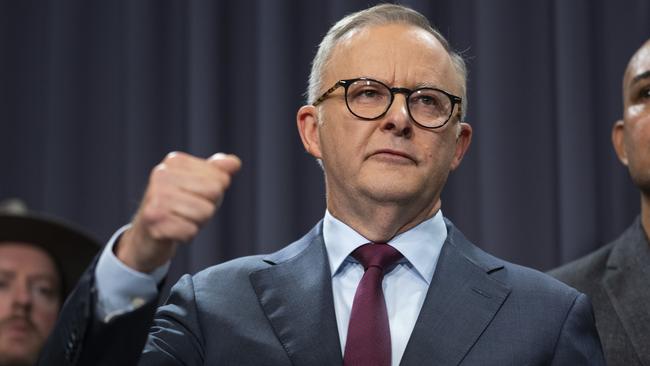
By requiring officialdom to seek representations from the Voice “early” in the development of all laws and policies, it not only gives the representatives of some of us a disproportionate say over the government of all of us, but it makes the whole process of government vastly more cumbersome, expensive and slow.
Unlike all the previous changes to our constitution, that were mostly about tweaking the extent of the Commonwealth’s powers, this one seeks to change the way we are governed. Essentially, it seeks to undo the sovereignty established from 1788 onwards by recreating, at least in part, the indigenous sovereignty that this government thinks was unjustly usurped by British settlement. The “tyranny of dispossession” Labor Senator Pat Dodson calls it.
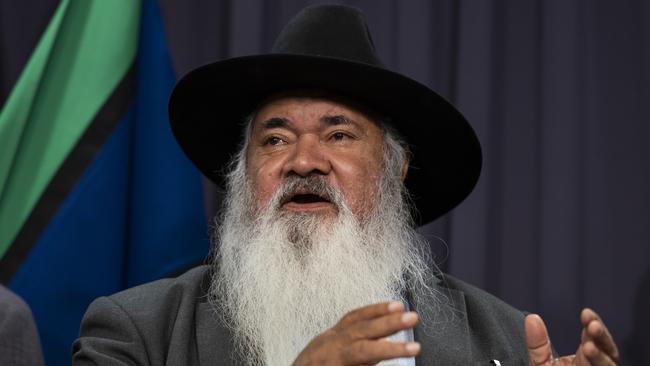
Imagine, for instance, the preparation of a federal budget in consultation with the Voice. Currently, this takes several months and involves a lengthy to-ing and fro-ing between the departments of treasury and finance on the one hand, and spending departments on the other, with the result usually adjudicated by senior ministers. The requirement to consult the Voice would make this even more leaky and even more time consuming than ever; and the almost inevitable failure to get the Voice’s agreement to anything except ever more spending would subject the budget night outcome to potential revision in the High Court (with taxpayers paying for the pricey lawyers on both sides).
Professor Greg Craven is a legal academic and former vice-chancellor of the Australian Catholic University who was one of the original champions for an indigenous voice to parliament. His verdict on the government’s proposal is absolutely damning. He says that the PM’s wording for this epic proposal is “not a triumph of negotiation and conciliation but a ruthless con job”.
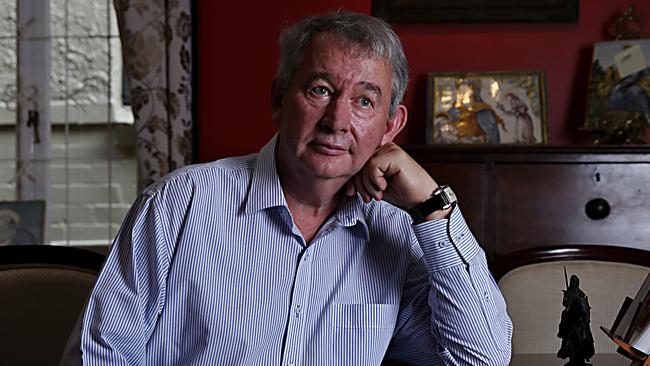
Craven has had a ringside seat to its development as a member of the government’s constitutional expert group. He says that the process has been hijacked by “indigenous radicals seeking their own place in history, alongside (Anthony) Albanese in his triumphal chariot”. He has now resigned his government appointment in protest.
By enshrining the Voice in the Constitution, the ability of governments and parliaments will be massively limited or subject to second guessing by the High Court. Almost certainly, the Abbott government would not have been able to introduce a cashless debit card, for instance, without the Voice’s approval. Likewise, the Howard government’s ban on alcohol in remote aboriginal communities. Paradoxically, the Labor government pushing the Voice repealed both these policies without listening to the voices of local indigenous people.
Again, Craven’s verdict is clear and telling: “If you get into a situation where the Voice hasn’t yet made a representation on some important view and the Commonwealth has not told the Voice and given it that chance, then legally it is entirely practicable for someone to take a challenge to a court to stop that action”.
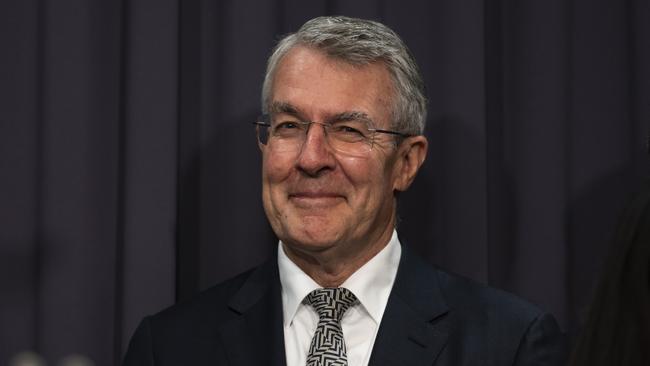
Craven accepts that High Court challenges to government actions have happened before. The difference, he says, is that we have never before had a body “with a complete purview over the whole of the decision-making of the Commonwealth in an extremely sensitive context peopled by individuals who desperately want to challenge government action”.
Craven’s view is that the PM’s surrender to the radical activists, and rolling of his own attorney-general who wanted more limits, guarantees that the Voice would be a legal quagmire. “It has become highly apparent” he says, “that indigenous activists want constitutional challenge for breakfast, lunch and tea. And they’ve had no compunction in saying that”.
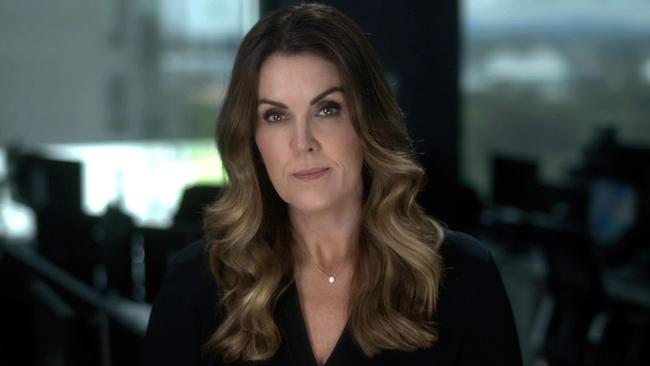
And this, mind you, is the analysis of a legal expert who supports the Voice, at least in principle, and desperately wants a better deal for Aboriginal people.
Still, I don’t accept Craven’s final observation, that this “puts the final bullet through the head of the referendum”. Anyone who does is guilty of dangerous complacency. Despite its manifest flaws, the Voice is not doomed to fail, especially if the federal Liberals continue to sit on the fence, demanding details instead of declaring that this is the wrong way to achieve indigenous recognition and campaigning against it.
Every day, the PM is publicly declaring that it would be ungracious, impolite and disrespectful to Aboriginal people not to vote “yes”. Every day, he is going to declare that the Voice is the key to fixing the indigenous disadvantage that is rightly an embarrassment to every Australian (even though it will actually entrench the separatism that is its root cause). The PM’s pitch is a none-too-subtle exercise in emotional blackmail and it could easily work, especially if it’s backed by untold millions from woke corporates appealing to voters’ moral vanity, “if not now, when?” and “if not us, who?”
The Prime Minister is hoping that this will be carried on a tide of feel-good emotion. Without clear and strong leadership from Peter Dutton, the only person with a megaphone to rival that of the PM, reason might struggle to be heard, even though dividing our country on the basis of race should be repugnant not just to every Liberal, but to every Australian.
LABOR-LITE APPROACH PUTS LIBS IN DIFFICULT CLIMATE
The likely fate of the NSW government, to ebb out of office after 12 years, despite an impressive record of infrastructure building and the lightest touch of any state government in managing the pandemic, shows what happens when the Liberals don’t create a clear contest with Labor.
Although Premier Dom Perrottet’s personal convictions are conservative, he’s run a progressive (left-wing Liberal) government, largely thanks to the political dominance of the leftist factional boss and Treasurer Matt Kean. Thanks to Kean, the NSW Coalition’s emissions reduction target – 70 per cent by 2035 – is more green than that of federal Labor.
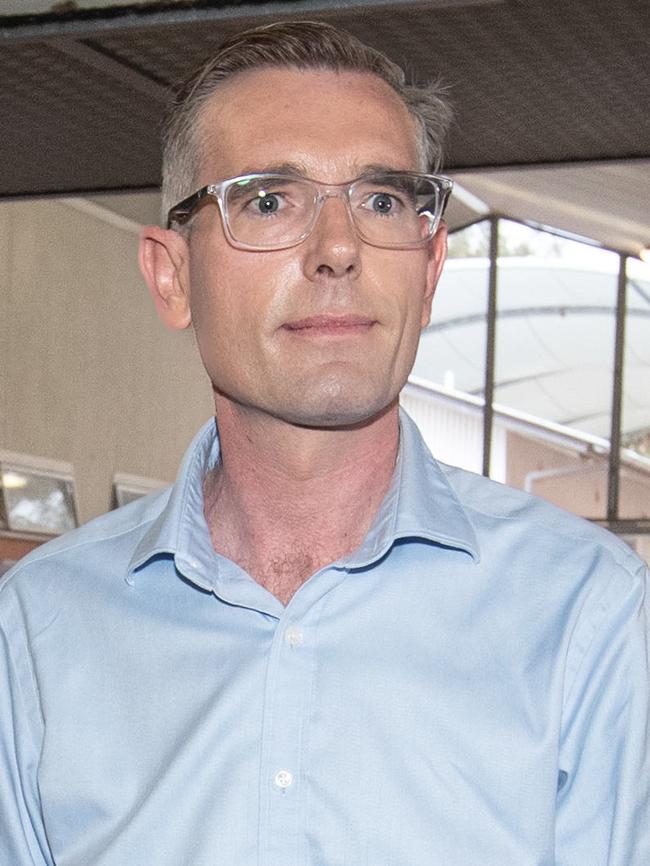
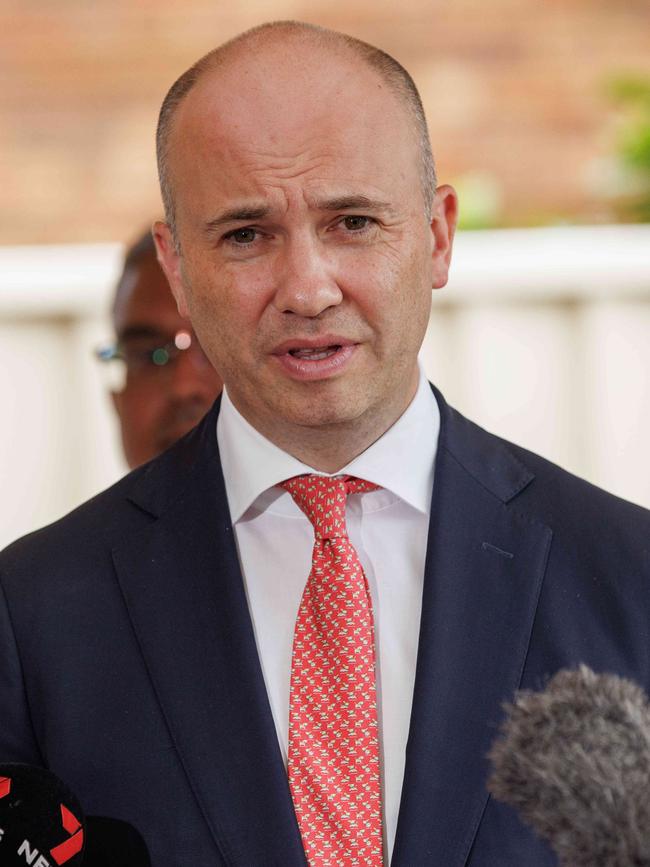
And like federal Labor, there’s no plan to keep the lights on once all our power is supplied by intermittent wind and solar. On handouts to soften power bill pain and promises to employ more teachers and spend more on hospitals, both the Coalition and Labor essentially mirror each other.
Because there’s so little difference between the two big parties, it’s hardly surprising that the One Nation vote, so says the polling, is surging, especially as Mark Latham is demanding that coal-fired power stations stay open, that the anti-nuclear ban be lifted, and that academic rigour rather than politically correct indoctrination return to NSW schools. All the things that could usually be expected from the Coalition.
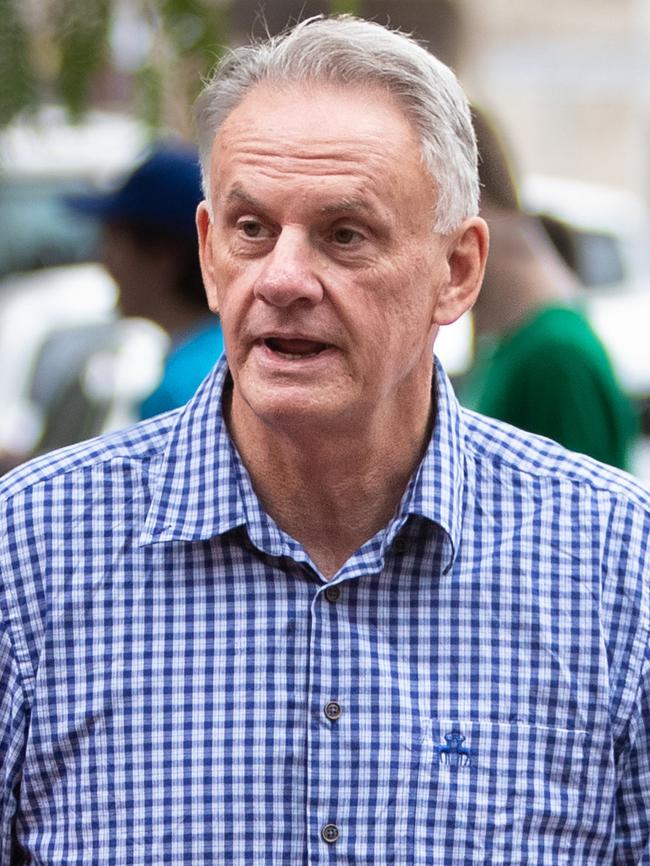
The lesson of every recent election, from Western Australia, South Australia and Victoria (all left-wing Liberal leaders), last year’s federal poll, as well as yesterday in NSW, is that moving to the left to placate potential Teal voters is electorally disastrous for the Liberals. Even where it successfully sees off a Teal challenge, it stymies the Libs’ appeal to voters in aspirational seats who want jobs and prosperity at least as much as lower emissions. Meaning it might save a seat in a posh part of town but it costs the Liberal Party the election. At least federally, the Liberals win when they are a strong alternative to Labor, not a weak echo.
Just as in last year’s federal poll, the NSW Libs were scandalously late selecting candidates, mostly because the parliamentary leadership feared that the membership would pick candidates who were “too conservative” or might stand up to the factions. And this routine circumvention of internal party democracy must end, once and for all, or the Liberals will be consigned to irrelevance. Seemingly now without a single mainland government, the Liberals need to work out what they stand for and how that translates into policy if they are to remain the main alternative to green-left Labor. Getting back to the values of Menzies, and junking the ‘woke’, would be a good place to start!
Watch Peta on Credlin on Sky News, weeknights at 6pm





